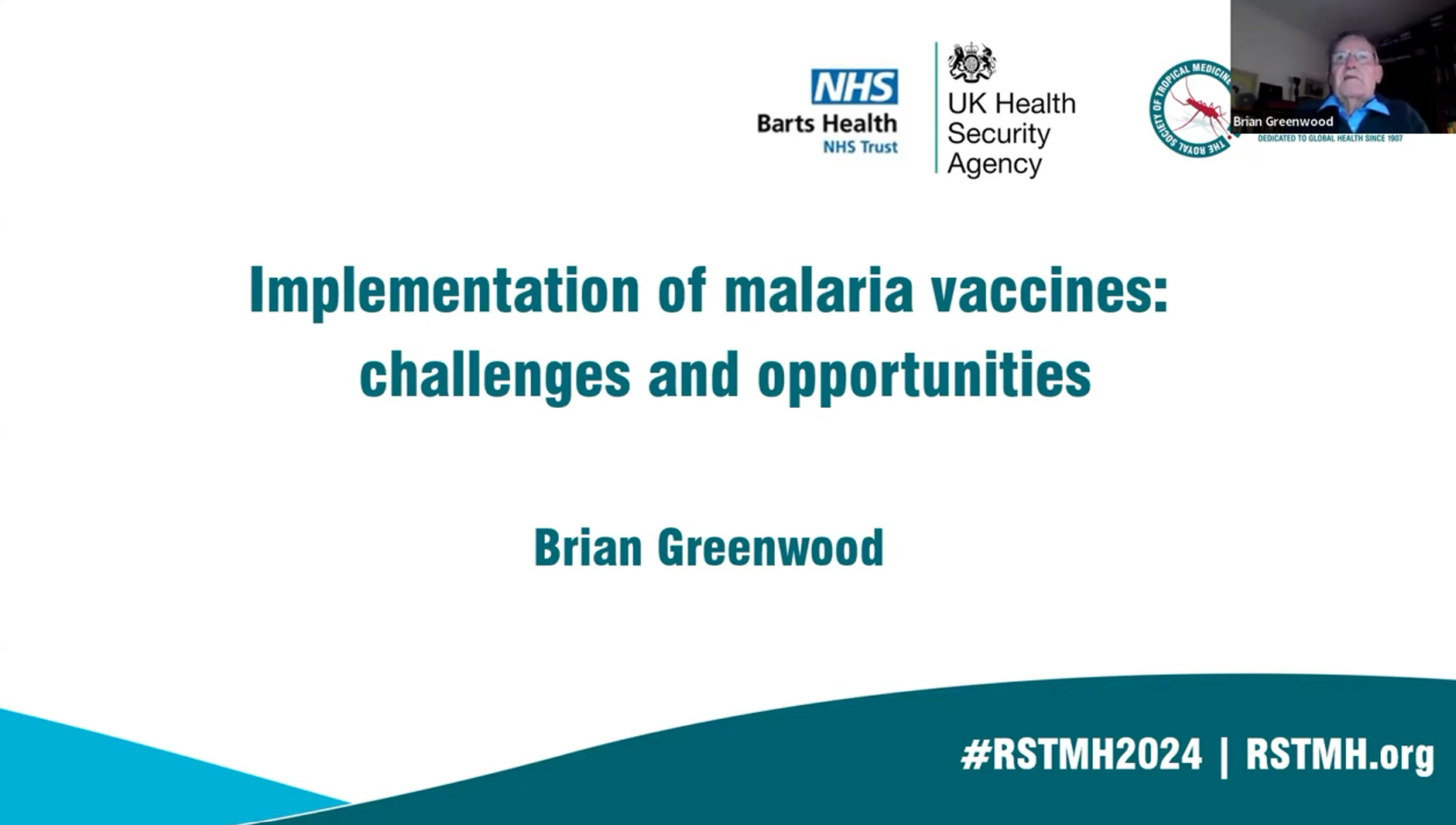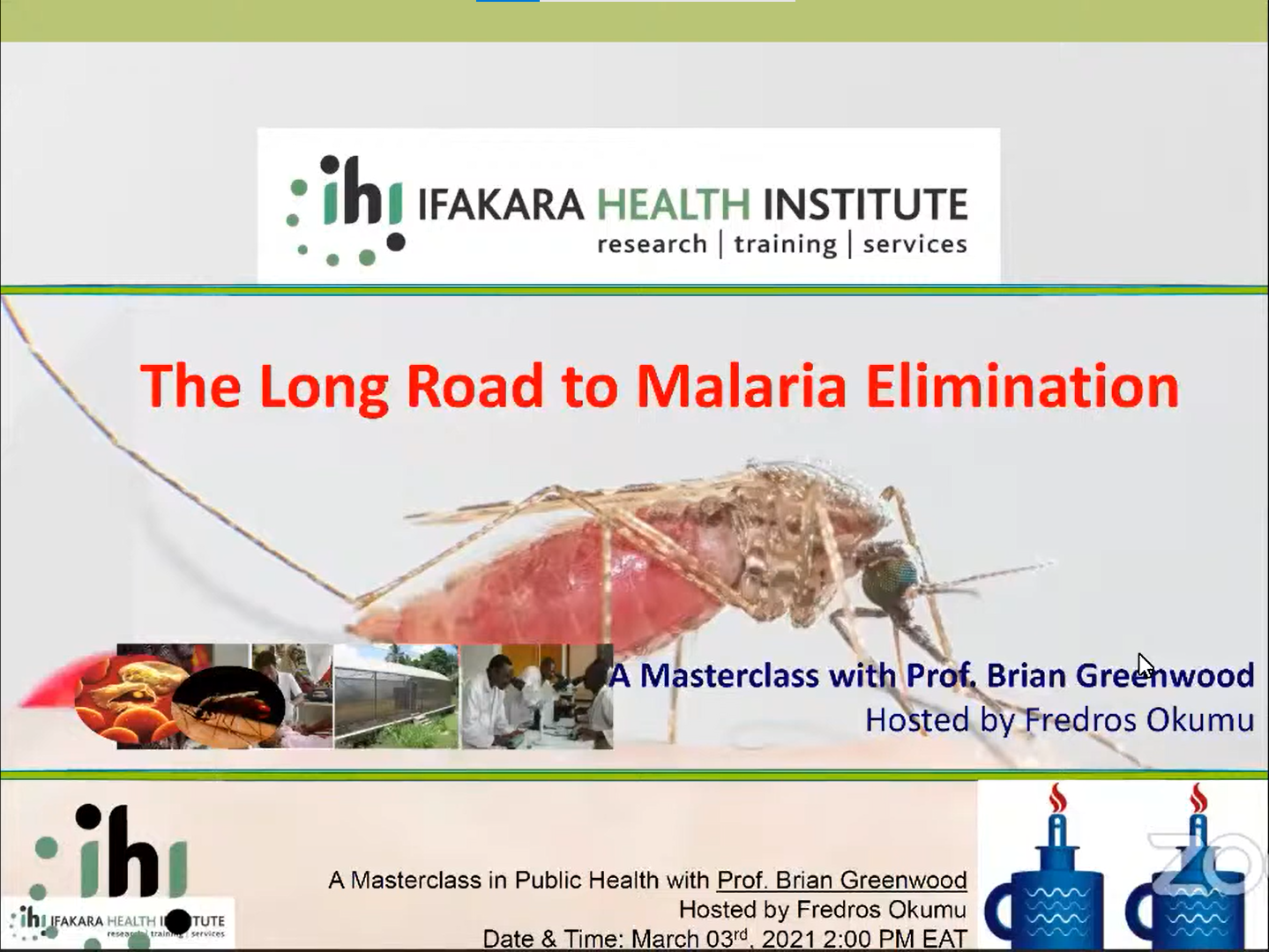Last Updated: 01/09/2025
MICA: Seasonal vaccination with the RTS,S/AS01 malaria vaccine given with or without seasonal malaria chemoprevention (SMC): an extension study
Objectives
To extend an existing trial including all three groups, until the study children reach the age of five years, the age beyond which SMC is no longer recommended in most countries.
London School of Hygiene and Tropical Medicine (LSHTM), United Kingdom
SMC is recommended until the age of 5 years. Thus, if seasonal vaccination with RTS,S/AS01E, or another malaria vaccine with a high initial efficacy but a relatively short duration of protection, is to be considered as a potential supplement or replacement for SMC, it is important to determine the efficacy of annual, seasonal vaccination in primed children until they reach the age of five years. A preliminary analysis of the efficacy and safety data obtained from the ongoing RTS,S+SMC trial by an independent expert appointed by the Gates Foundation in January 2020, at a time when study children had reached the age of three or four years, recommended that the trial should continue with all three trial groups (SMC alone, RTS,S/AS01E alone and the combination) until study children reached the age of five years and this recommendation was endorsed by the trial’s Data Safety and Monitoring Board. Therefore, it is proposed that the trial should be continued, with inclusion of all three groups of children, until they reach the age of five years. Children in the SMC alone group will receive tetanus toxoid in June 2020 and 2021 together with four rounds of SMC (SP + AQ) in 2020 and 2021, those in the RTS,S/AS01E alone group will receive a booster dose of RTS,S/AS01E in June 2020 and 2021 together with four rounds of SMC placebo in 2020 and 2021 and those in the SMC + RTS,S/AS01E vaccine group will receive a booster dose of RTS,S/AS01E vaccine in June 2020 and 2021 together with four rounds of SMC (SP+AQ) in 2020 and 2021.The primary end-point for the extension study will remain the incidence of clinical episodes of malaria that are severe enough to require treatment at a health centre and which are accompanied by a positive blood film with a parasite density =>5000/microlitre. Secondary end-points will include episodes of severe malaria and the prevalence of malaria parasitaemia and anaemia. The cost of each intervention and its acceptability will be assessed.
Jul 2021 — Dec 2022
$2.72M


